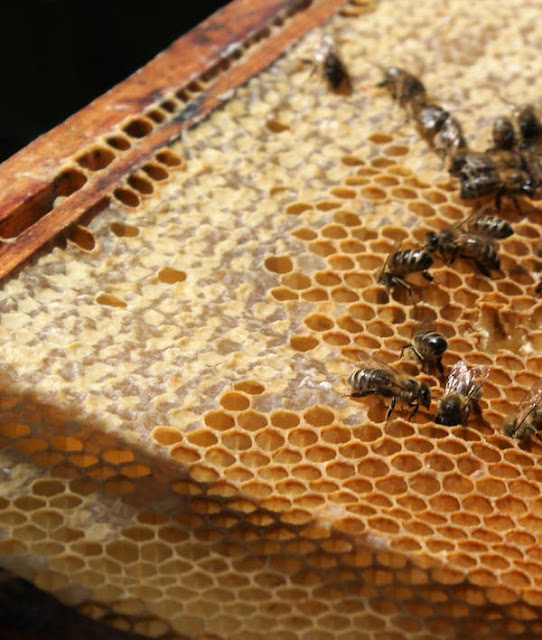Conserve (all) the bees
Pollinators also differ in their effectiveness because of their behavior about blossoms and their capacity to hold plant pollen. Larger and hairier bugs can carry more plant pollen, while those that bridegroom themselves much less have the tendency to have the ability to move plant pollen better. Bumblebees, for instance, make excellent pollinators (much above honeybees) as they are big, unshaven and don't bridegroom themselves as often.
Where they remain in decrease, honeybees experience primarily from insects and illness, a repercussion of bad nourishment and artificially high populace thickness. This varies from various other pollinators, where the decrease is mainly to environment destruction. It appears chemicals affect all pollinators.
Over the coming years, farmers and those that control them are confronted with a difficult challenge. Agricultural output must be enhanced to feed an expanding human populace, but at the same time the ecological impact must be decreased.
The farming industry has attempted to address the need to feed an expanding populace through conventional farming methods such as mechanisation, bigger areas or the use chemicals and fertiliser. Yet these have added to extensive destruction of all-natural landscapes and loss of all-natural funding.
Limited sources and land use stress require preservation strategies to become more efficient, creating greater outcomes from progressively limited input. Manfaat Anak Tikus Untuk Ayam Laga

Supposed agri-environment plans stand for the best way to assist bug pollinators. That means diversifying crops, avoiding an ecologically-fragile monoculture and ensuring that the bugs can jump in between various food resources. It also means protecting all-natural habitats and developing environmental focus locations such as wildflower strips, while restricting the use chemicals and fertilisers.
As pollinating bugs need a remarkably large location of land to forage, connecting up brought back habitats on a bigger range provides much more apparent and immediate benefits. However, up until now, links in between protected locations have not been a concern, prominent to ineffective preservation.
We need a considerable shift in how we consider pollinators. Encouraging land supervisors to work cooperatively will help produce larger, more impactful locations to support pollinators. In future, preservation initiatives will need to address declines in all pollinators by developing landscapes to support pollinator neighborhoods and not simply honeybees.


